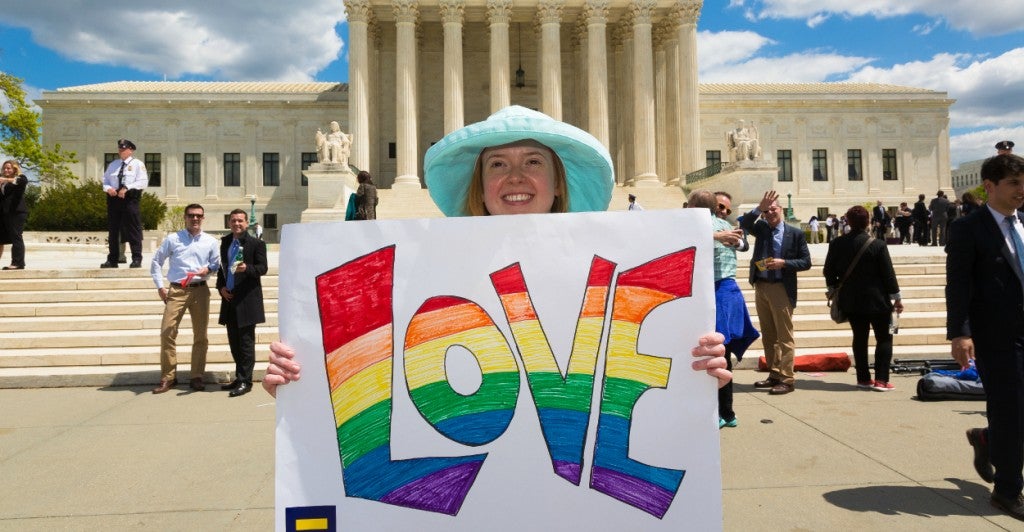A widely circulated study about how having conversations with people who are gay can change an individual’s views on same-sex marriage has been retracted by one of its authors.
Retraction Watch, an academic blog, reports that Donald Green, a professor of political science at Columbia University, has retracted the study after his co-author “confessed to falsely describing at least some of the details of the data collection.”
Green and Michael LaCour, a Ph.D. candidate in political science at the University of California Los Angeles, published the study in Science last December.
The study, titled “When contact changes minds: An experiment on transmission of support for gay equality,” concluded that having short, personal conversations with people who are gay could significantly change an individual’s views on same-sex marriage.
According to the summary of the study, the authors “demonstrate that simply a 20-minute conversation with a gay canvasser produced a large and sustained shift in attitudes toward same-sex marriage for Los Angeles County residents.”
In addition to changing the views of the participants in the study, the authors say that their views remained changed “up to nine months after the initial conversation.”
According to Retraction Watch, researchers trying to conduct a similar study wrote to Green about inconsistencies in their findings.
Green confronted LaCour, who was unable to provide the original data from the study.
Retraction Watch obtained the letter Green wrote to Science, requesting that they retract the study.
“I am deeply embarrassed by this turn of events and apologize to the editors, reviewers, and readers of Science,” he wrote.
As of publication time, LaCour has yet to respond to the allegations. He posted on his website that he is “gathering evidence and relevant information so I can provide a single comprehensive response. I will do so at my earliest opportunity.”
Ryan Anderson, the William E. Simon fellow in religion and a free society at The Heritage Foundation, said that “for too many of our neighbors, the argument for marriage as the union of husband and wife hasn’t been heard and rejected; it simply hasn’t been heard.”
“We must make that argument in new and creative ways. When people do hear a compelling case for the truth about marriage, they respond accordingly,” he said.
